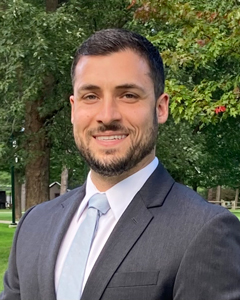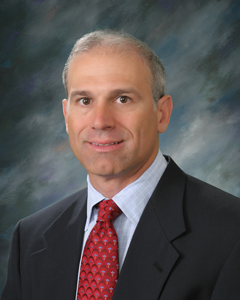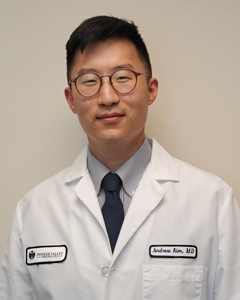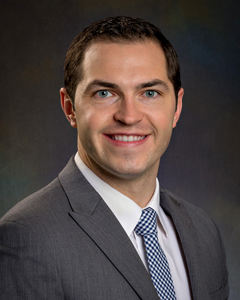Urologic Interventions
Interventional treatment for urological conditions involves treating abnormalities caused by conditions such as kidney stones, cancer or renal disease. These conditions can cause painful symptoms or may put patients at risk for serious complications such as kidney failure or death. While some of these conditions may resolve on their own, intervention is often desired to help relieve symptoms as quickly as possible.
Sometimes one of the ureters, the tubes carrying urine from the kidneys to the bladder, becomes blocked. This blockage may result from kidney stones, tumors, blood clots, or certain other medical conditions. Two nonsurgical interventions commonly performed to correct this problem are:
- Percutaneous nephrostomy in which a catheter is used to bypass the ureter
- Ureteral stent in which urine is directed through a stent for external collection
During both of these procedures, the patient is under local anesthesia and the doctor is assisted by ultrasound guidance. Each procedure is ordinarily performed as a temporary solution until the ureteral blockage is cleared, although the ureteral stent may remain in place for months, or even years, if necessary.
Another common urological intervention is the embolization of a varicocele, a varicose vein in the scrotum. Varicoceles are often caused by defective or damaged valves in the affected veins. While varicoceles may occur in either testicle, they are more common on the left side. Patients with varicoceles may be symptom free or may experience aching or a sensation of heaviness in the region. Since varicoceles may lead to pain, swelling and infertility, they are frequently treated with embolization.
During embolization, a catheter is inserted into a small incision in the groin while the patient is under local anesthesia. With the assistance of imaging guidance, the doctor releases either coils or a solution that causes scarring into the catheter. The purpose is to block blood flow to the affected testicular veins, repairing the varicocele and redirecting blood to flow through healthy vessels. Embolization is a usually a successful procedure, resulting in minimal recovery time.










